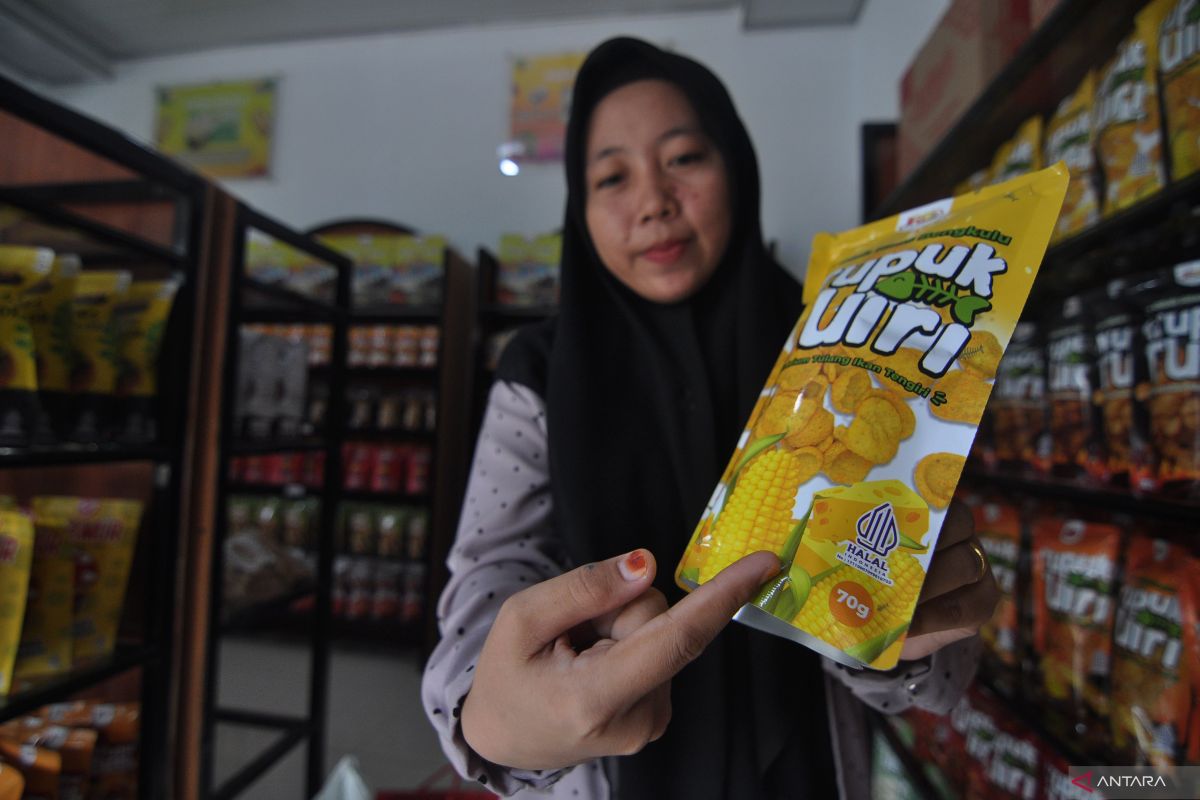While stressing the urgency of halal certification, he acknowledged that some business owners lack knowledge about the process.
“So, we should continue to educate,” he said in a statement from his office on Wednesday.
According to the Association of Food and Beverage Entrepreneurs (GAPMMI), only 10 percent of the 1.6 million small F&B industry players had obtained halal certificates.
Government Regulation No. 39/2021 mandates halal certification for all F&B players by October 17.
The regulation requires three groups of businesses to be halal certified by the end of the period: F&B, food raw materials and food additives, and slaughtered meat and slaughter services.
Amin said that food and beverage product certification, which is now mandatory, cannot be done at one time.
“It is impossible to certify all products at one time. It is not easy, it must be done step-by-step,” he explained.
Last year, Amin asked stakeholders to simplify the process of halal certification for micro, small, and medium enterprise (MSME) products.
“The guarantee of halal products for MSMEs is one of the conditions to be able to penetrate the global halal market,” he said.
Related news: Non-halal products must include description on packaging: BPJPH
Related news: Ministry, MUI agree to cooperate in halal tourism and creative economy
Translator: Rangga J, Kenzu
Editor: Anton Santoso
Copyright © ANTARA 2024
